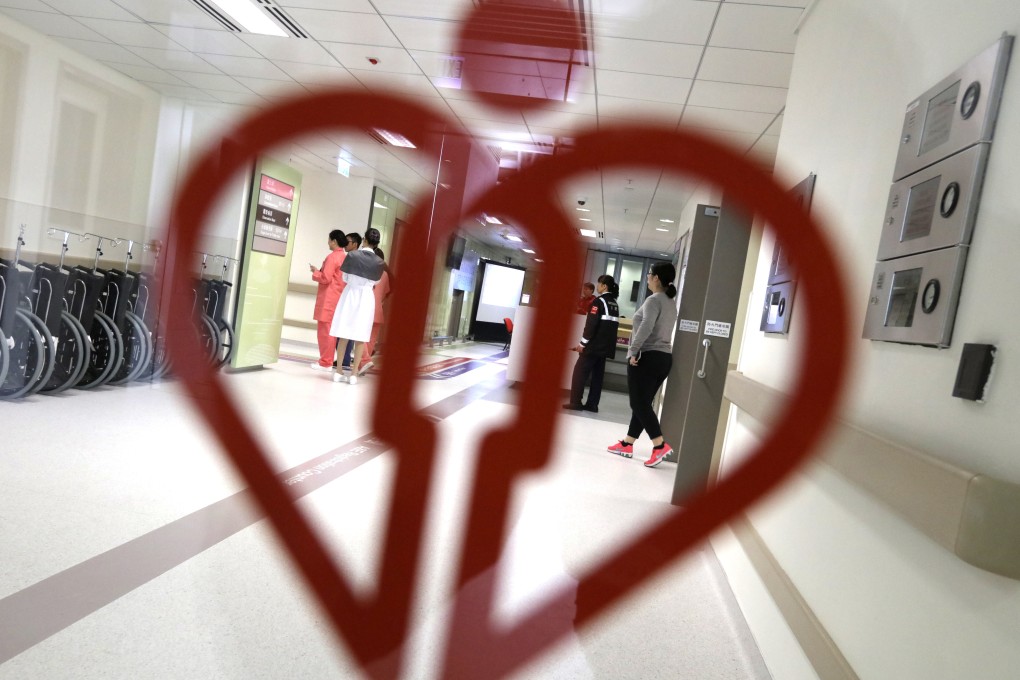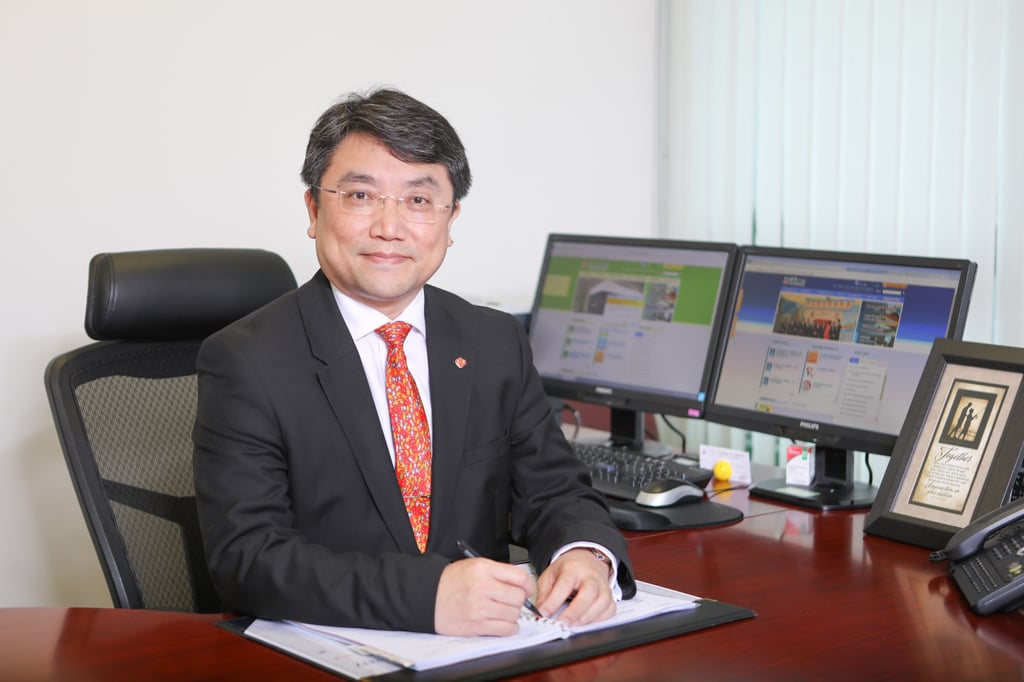Subsidy scheme will let Hong Kong patients with stable chronic illnesses get private-sector care at public-sector prices
- The public-private partnership programme will allow patients with stable chronic conditions to get “one-stop” consultations and medicine from private practitioners
- Three other similar schemes implemented during the pandemic will also continue on a long-term basis, Hospital Authority says

Thousands of public hospital patients suffering from certain chronic illnesses will be able to receive streamlined “one-stop” care and medication from private practitioners at government-subsidised rates, Hong Kong’s health authorities have announced – part of a renewed push to free up the overloaded public facilities.
“Having accumulated some experience in the recent past, we know which areas we should focus on,” said Dr Deacons Yeung Tai-kong, the Hospital Authority’s director for cluster services. “We hope to achieve seamless cooperation with our private-sector colleagues that will see improved care for our patients.”

Under the expanded public-private partnership programme that will kick off in the second half of this year, patients with stable chronic conditions will be able to obtain “one-stop” consultations and medicine from private practitioners, such as their family doctors, rather than attending regular appointments and picking up their prescriptions at public hospitals, as is currently required.
Yeung said among the roughly 40,000 chronic patients eligible for the scheme – most of whom had high blood pressure – officials had identified some 5,000 who also suffered from orthopaedic illnesses that required periodic check-ups and the prescription of regular drugs such as painkillers. Those patients would also be invited to join the pilot scheme to help them avoid multiple time-consuming appointments across various clinics.
“Private doctors will be the gatekeeper of those patients’ health, giving holistic care to them,” Yeung said.
Many patients in the past refused to go private due to fears that they would be relegated to the back of the public sector queue if their conditions turned worse. However, Yeung maintained the new system would allow them to re-establish “timely” appointments with public doctors if need be.
